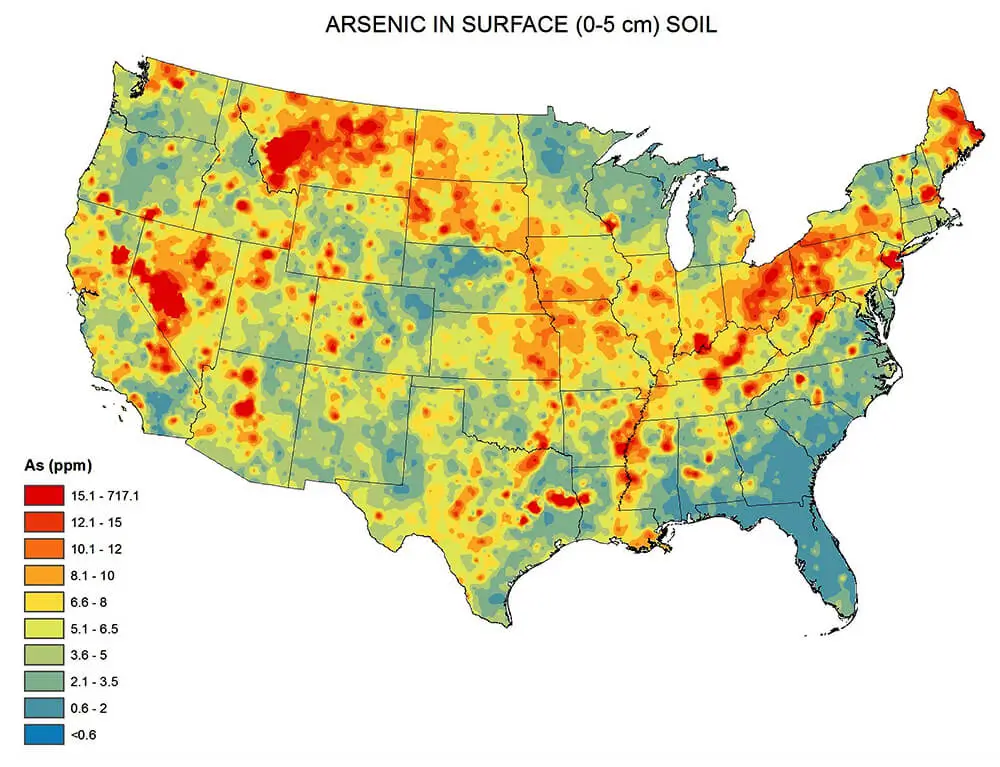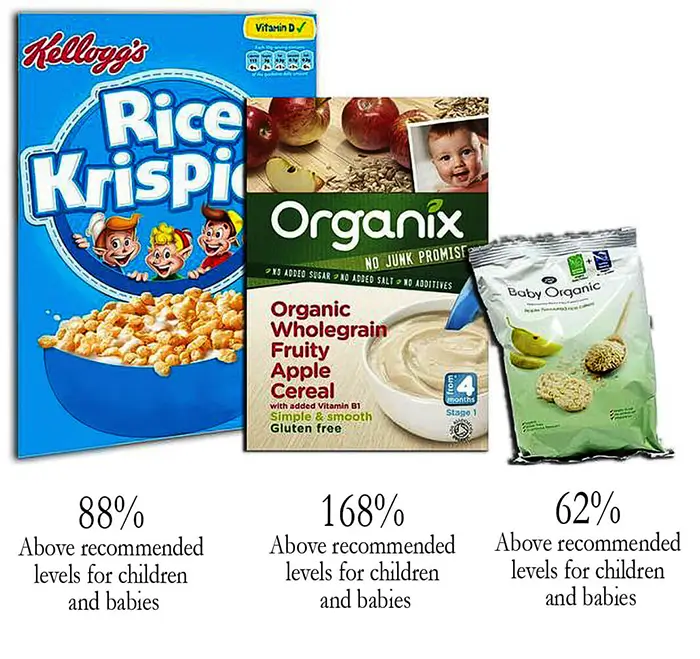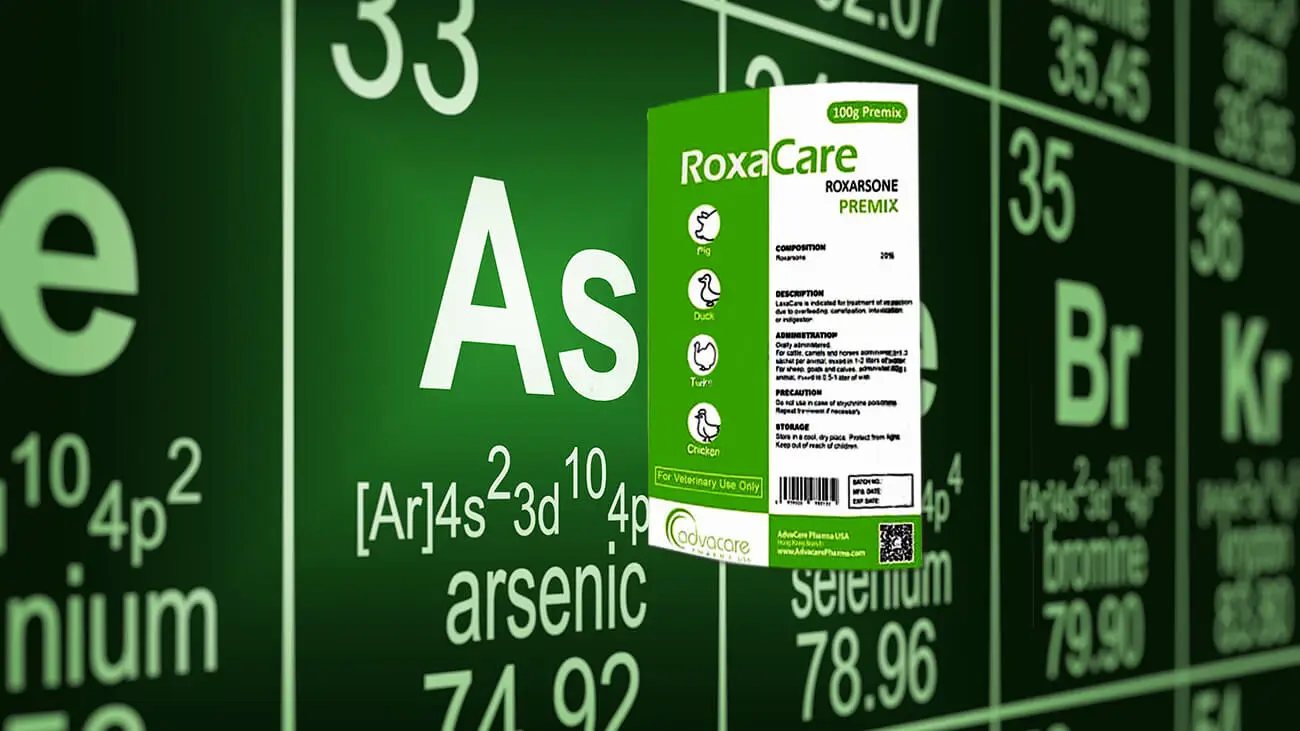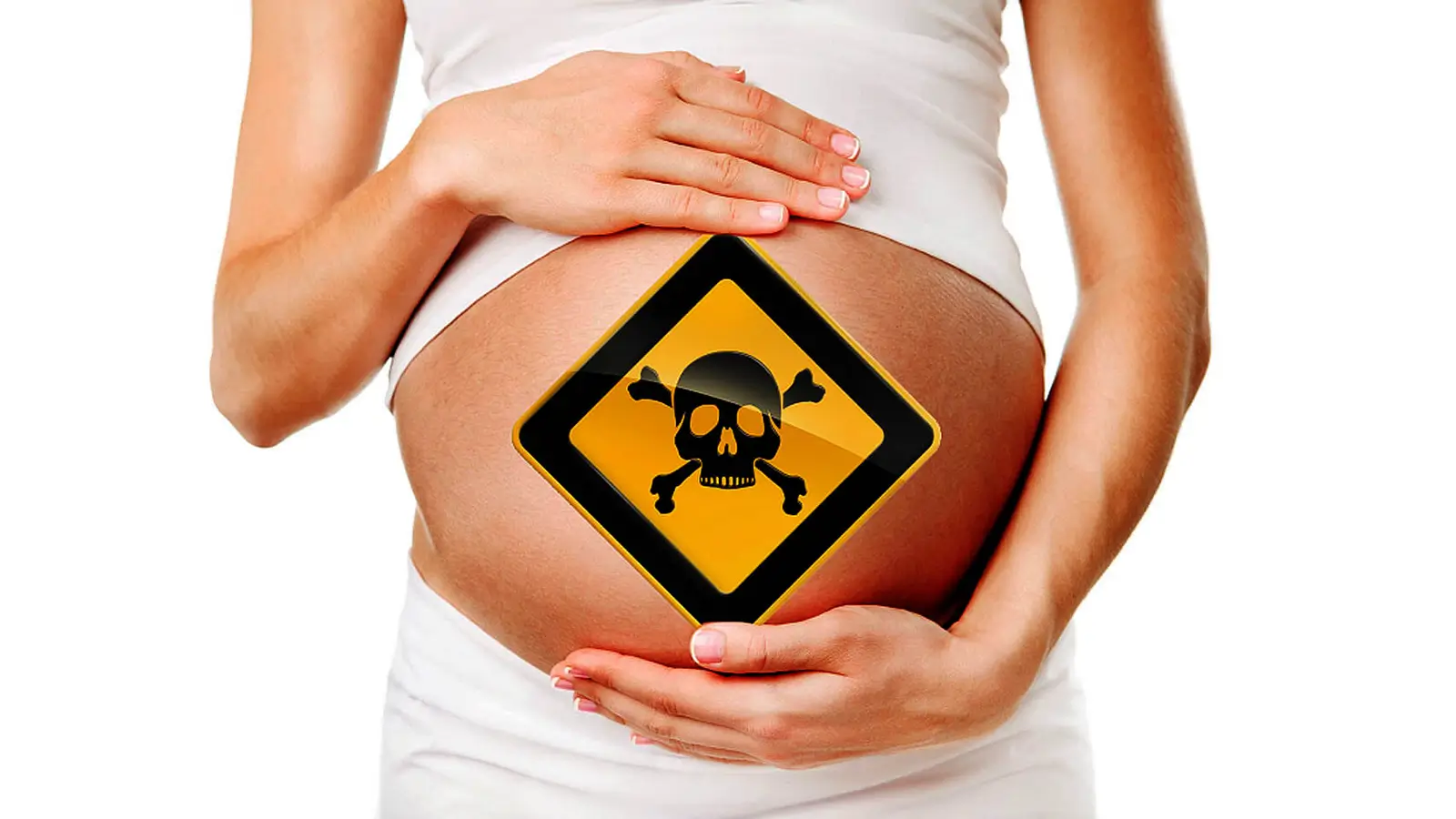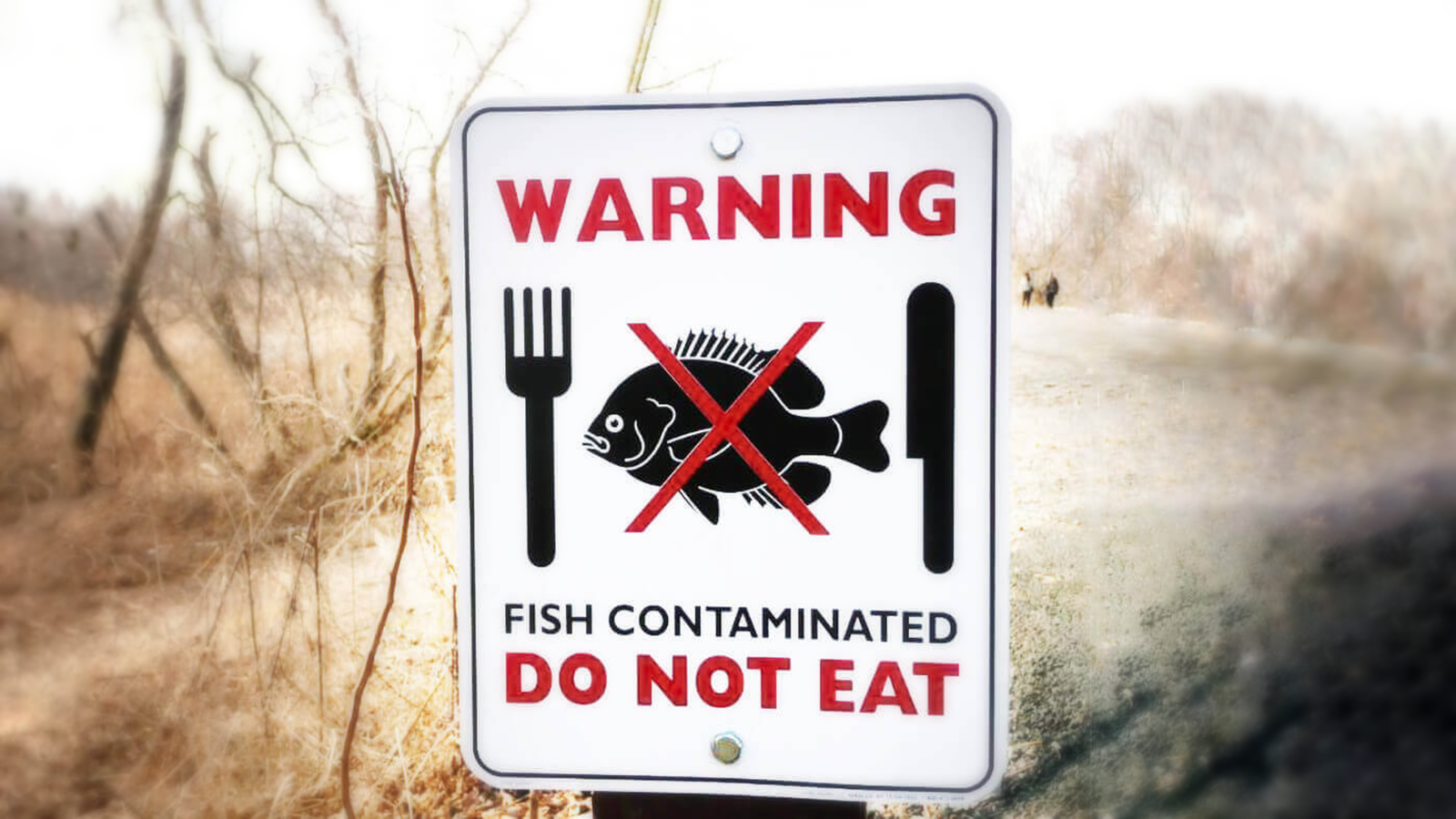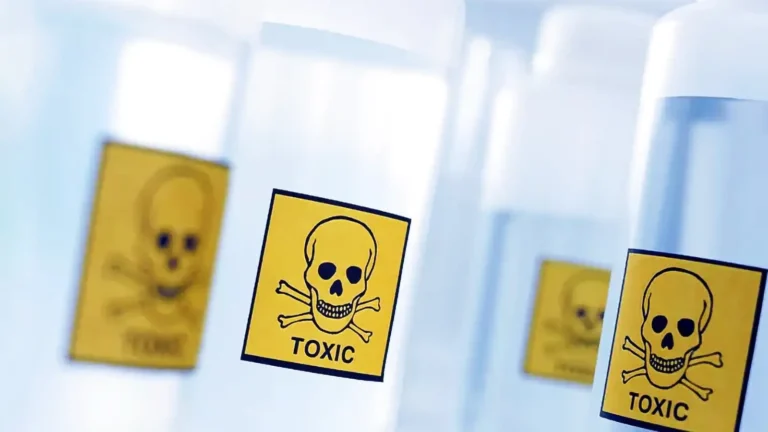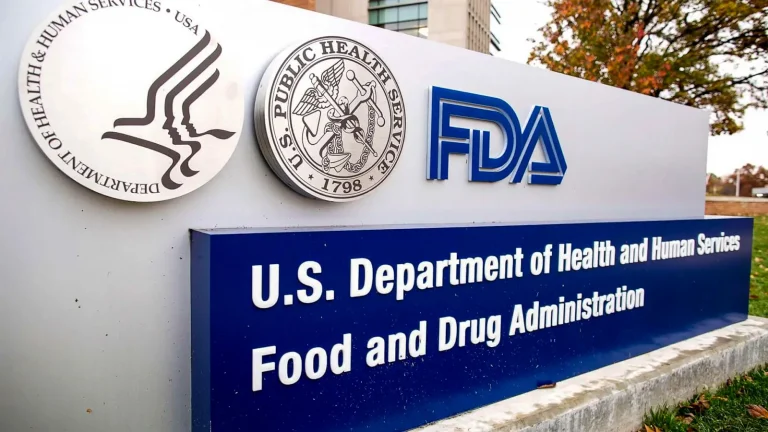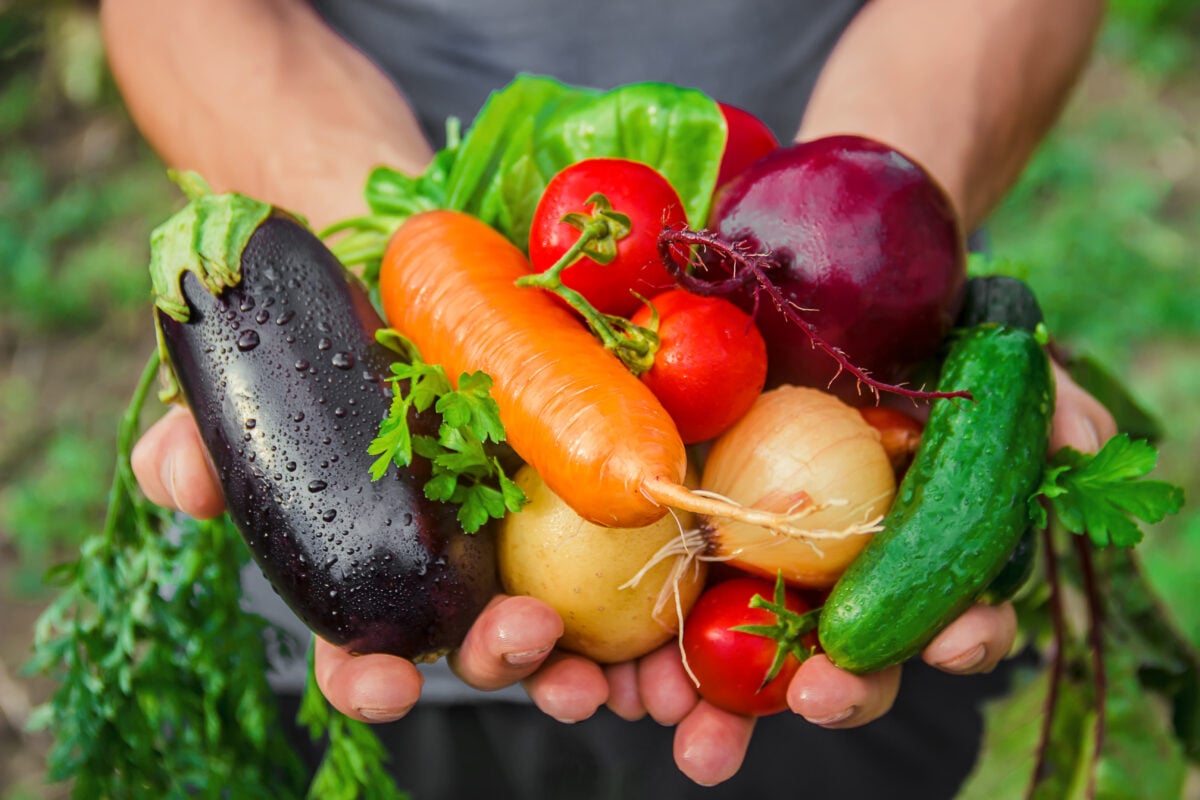ヒ素への曝露と米の消費 - それらすべての中で最も有毒な穀物
既知のすべての食物源から、米は一般に食べられるすべての食物の中で最も高濃度のヒ素を吸収します。
ミロス ポキミカ
によって書かれた: ミロス ポキミカ
医学的に検証した結果 Xiùying Wáng, M.D. 博士。
Updated 6月 9, 2023ヒ素は、水、空気、食品、土壌に含まれる天然元素です。また、殺虫剤、さまざまな化学薬品、タバコ、木材防腐剤、金属採掘にも使用されます。
曝露のほとんどは水によるものです。放出された岩石によって水は地下で汚染されます。 砒素。それは地下水、飲料水、湖や貯水池で見つかります。 井戸。
一部の国は他国よりも大きな影響を受けており、一部の地域は他の地域よりも大きな影響を受けています。飲料水中のヒ素は、世界中の多くの国で非常に大きな問題となっています。中国はヒ素による水質汚染という大きな問題を抱えている。インド、バングラデシュ、チリ、ベトナム、台湾、米国。(Naujokas et al., 2013) 世界の一部の地域では、水道が非常に汚染されているため、WHO は次のように推定しています。 バングラデシュの深刻な被害を受けた地域では、全死亡者の21.4%以上が飲料水中の高濃度のヒ素に起因すると考えられている (アルゴスほか、2010)。この毒素の問題点は、臭い、味、色がないことです。
ヒ素は、米や一部の魚などの食品にも含まれる可能性があります。ヒ素を含む粉塵を吸い込むことによって、または皮膚を通じて体内に侵入することもありますが、これは主要な暴露経路ではありません。
最上位の捕食魚は、既知のすべての食物源からの重要な暴露源ですが、 お米は一般に食べられている食品の中で最も高い濃度を吸収します。たとえば、他の穀物に比べて10倍から20倍のヒ素が含まれています。
米は湛水条件で生育するため、土壌中のヒ素が放出され、より容易に入手可能になります。放出されたヒ素は稲に吸収され、その一部は米粒になります。 ヒ素は土壌中にすでに自然に存在するため、農業の実践に関係なく吸収されます。 お米が有機栽培されている場合でも、水が汚染されている場合は濃度が高くなります。
人々の高い曝露が世界のさまざまな地域、特にアジアと南米の一部で報告されています。中国とバングラデシュは飲料水へのヒ素の浸出の問題を抱えており、伝統的に米中心の食生活を送っている国である。中国とバングラデシュの一部の地域では、飲料水が高レベルのヒ素で徹底的に汚染されています。2004年からEUでは、飲料水中の最大総ヒ素10μg/lというより厳格な予防基準が施行されたが、公平を期すために言うと、EUでは中国のような問題は一度もなかったので、EUにとっては、厳しい基準を採用するのは容易である。そもそも問題はありません。
他の毒と同じように、 子供は通常、単位体重当たりの摂取量が多いため、より多くの曝露を受けます。 また、より特殊な食事パターンがあり、食事の選択肢が限られています。たとえば、米は多くのファーストフードに使用されています。体重1kgあたりの子供の食事によるヒ素曝露量を計算すると、平均して成人の約2~3倍であると推定されます。乳児や幼児に広く使用されているほとんどの米ベースの食品や飲料に高レベルで含まれています。低レベルのヒ素は、成長発達や免疫発達などのさまざまなレベルで胎児や子供に影響を与え、IQ発達にも影響を与えます。2004年にバングラデシュで行われたある研究では、飲料水中のヒ素にさらされた子どもたちの共通テストのスコアが大幅に低下したことが示された。2013年に行われたある研究では、飲料水中のヒ素にたとえ微量でも暴露された妊婦は、出産する子供が呼吸器疾患を発症する可能性が大幅に高いことが示された。スウェーデンでは、国家食糧庁(SNFA)が、6歳未満の子供はいかなる形であっても米、特に餅を摂取しないよう公式勧告している。餅には他の米製品よりも多くのヒ素が含まれており、定期的に米を食べる成人に対しても、餅の摂取量を減らすことが推奨されています。子供は炭水化物源としてさまざまな穀物をベースにしたバランスの取れた食事をとるべきであり、幼児は 餅には他の米製品よりも多くのヒ素が含まれており、定期的に米を食べる成人に対しても、餅の摂取量を減らすことが推奨されています。子供は炭水化物源としてさまざまな穀物をベースにしたバランスの取れた食事をとるべきであり、幼児は 餅には他の米製品よりも多くのヒ素が含まれており、定期的に米を食べる成人に対しても、餅の摂取量を減らすことが推奨されています。子供は炭水化物源としてさまざまな穀物をベースにしたバランスの取れた食事をとるべきであり、幼児は 小さなお子様は、お米、特にお餅やお米の飲み物を一切食べないようにしてください。。成人のヒ素への長期曝露は、心臓病、肺がん、皮膚がん、膀胱がんの増加と関連しています。
ヒ素含有量を減らすために米を食べたい場合は手順がありますが、それは米の種類、加工方法、栽培された条件や場所、調理方法によって異なります。
最も濃度が高いのはふすまです。米ぬかは決して食べるべきではないため、それから作られた製品、たとえば市販のライスミルクは濃度が高くなります。
お米の仕上がりレベルを下げる炊き方もあります。
一つ目の方法は浸すことです。 米を浸水させると水を吸収しますが、同時に粒子の構造が開くため、水溶性のヒ素の一部が米から液体に浸出します。 お米や豆を浸したら水を捨てます。使用しないでください。
また、お米を炊くとヒ素の一部が水中に溶け出します。したがって、ヒ素がまだそこに残っているため、水を蒸発させないでください。これが伝統的な調理方法です。 お米は適量の水で炊いて捨ててください。
要約すると、浸して水を切り、真水ですすぎ、真水で調理し、もう一度すすぎます。
バスマティ米は他の種類に比べてヒ素の含有量が少ない傾向にありますが、玄米はヒ素の大部分が殻の中に含まれているため、ヒ素の含有量が多くなる傾向があります。
炊飯器で通常通りにご飯を炊いたり、浸水せずに乾燥調理したりしただけでは、84%のヒ素が残留します。
米1に対して水を5の割合で使用すると、最初に米中に検出されたヒ素の43%だけが残ります。
最も良い方法は、浸してからすすぎ、5対1で調理することです。この方法ではヒ素の80%以上が除去される。 And because arsenic occurs naturally, buying organic doesn’t generally help. Organic produce consumption does not necessarily impact the levels of metals or POPs. If there is arsenic in the soil, it is still “organic” produce.
参考文献:
- ナウジョカス、MF、アンダーソン、B.、アーサン、H.、アポシアン、HV、グラツィアーノ、JH、トンプソン、C.、スーク、ワシントン州 (2013)。慢性ヒ素曝露による広範な健康影響: 世界的な公衆衛生問題に関する最新情報。 環境衛生の観点, 121(3)、295–302。 https://doi.org/10.1289/ehp.1205875
- アルゴス、M.、カルラ、T.、ラトゥーズ、PJ、チェン、Y.、ピアース、B.、パルベス、F.、イスラム、T.、アーメド、A.、ラキブズ・ザマン、M.、ハサン、R. 、Sarwar, G.、Slavkovich, V.、van Geen, A.、Graziano, J.、および Ahsan, H. (2010)。バングラデシュにおける飲料水からのヒ素曝露と全死因および慢性疾患による死亡率(HEALS):前向きコホート研究。 ランセット (ロンドン、イギリス), 376(9737)、252–258。 https://doi.org/10.1016/S0140-6736(10)60481-3
栄養と健康について何か質問はありますか?
ぜひご意見をいただき、次回の投稿でお答えしたいと思います。皆様のご意見とご意見に感謝しており、すぐにご連絡をお待ちしております。私もあなたを招待します フォローする Facebook、Instagram、Pinterestでダイエット、栄養、健康に関するコンテンツをご覧ください。そこにコメントを残して、他の健康愛好家とつながり、あなたのヒントや経験を共有し、私たちのチームやコミュニティからサポートや励ましを得ることができます。
この投稿があなたにとって有益で楽しいものであり、学んだ洞察を生かす準備ができていることを願っている。この投稿が役に立ったと思われた方は シェアする 友人や家族など、その恩恵にあずかれるかもしれない人たちと一緒に。誰が健康の旅にガイダンスやサポートを必要としているかわからないのですから。
– あなたはおそらくそれも好きでしょう –

栄養について学ぶ
ミロス・ポキミカは、自然医学の医師、臨床栄養士、医療健康と栄養のライター、栄養科学アドバイザーです。書籍シリーズの著者 ビーガンに行きますか?科学の復習また、自然健康サイト「GoVeganWay.com」を運営している。
医療上の免責事項
GoVeganWay.com では、最新の栄養と健康関連の研究のレビューをお届けします。提供される情報は著者の個人的な意見を表すものであり、専門的な医学的アドバイス、診断、または治療に代わることを意図または暗示するものではありません。提供される情報は情報提供のみを目的としており、資格のある医師または医療提供者の相談、診断、および/または治療に代わるものとして機能することを意図したものではありません。GoVeganWay.com で読んだことや GoVeganWay.com を通じてアクセスしたことを理由に、専門家の医学的アドバイスを無視したり、医療治療を受けるのを遅らせたりしないでください。
認可された医師に相談する前に、GoVeganWay.com で読んだ内容の結果としてライフスタイルの変更や変更を決して適用しないでください。
医療上の緊急事態が発生した場合は、直ちに医師または 911 に電話してください。GoVeganWay.com は、内部で言及されている特定のグループ、組織、検査、医師、製品、手順、意見、またはその他の情報を推奨または承認しません。
編集者のおすすめ –
ミロス・ポキミカは、自然医学の医師、臨床栄養士、医療健康と栄養のライター、栄養科学アドバイザーです。書籍シリーズの著者 ビーガンに行きますか?科学の復習また、自然健康サイト「GoVeganWay.com」を運営している。
最新記事 -
プラントベースのニュース
-
Some Dogs Can Sort Toys By Function, Says New Study On Canine ‘Label Extension’
on 11月 5, 2025
-
Courgette, Leek, White Bean And Kale Stew
on 11月 5, 2025
-
Precision Fermented Dairy Proteins Receive ‘No Questions’ Approval From FDA
on 11月 4, 2025
-
This One-Pan Ramen Is Ready In 30 Minutes
on 11月 4, 2025
-
How to Make Fresh Vanilla Hemp Milk at Home
on 11月 3, 2025
-
Animal Farming Is ‘World’s Biggest Cause Of Food Waste,’ Says Report
on 11月 3, 2025
-
Butter Bean And Sweet Papas Coconut Stew
on 11月 2, 2025
トップヘルスニュース — ScienceDaily
- Nanotech makes cancer drug 20,000x stronger, without side effectson 11月 6, 2025
A Northwestern team transformed a common chemotherapy drug into a powerful, targeted cancer therapy using spherical nucleic acids. The redesign dramatically boosted drug absorption and cancer-killing power while avoiding side effects. This innovation may usher in a new era of precision nanomedicine for cancer and beyond.
- Scientists may have found how to reverse memory loss in aging brainson 11月 6, 2025
Virginia Tech researchers have shown that memory loss in aging may be reversible. Using CRISPR tools, they corrected molecular disruptions in the hippocampus and amygdala, restoring memory in older rats. Another experiment revived a silenced memory gene, IGF2, through targeted DNA methylation editing. These findings highlight that aging brains can regain function through precise molecular intervention.
- Scientists uncover meditation’s hidden side effectson 11月 5, 2025
Meditation is widely praised for its mental health benefits, but new research shows that it can also produce unexpected side effects for some people—from anxiety and dissociation to functional impairment. Psychologist Nicholas Van Dam and his team found that nearly 60% of meditators experienced some kind of effect, and about a third found them distressing.
- Most Americans don’t know alcohol can cause canceron 11月 5, 2025
Most U.S. adults don’t realize alcohol raises cancer risk, and drinkers themselves are the least aware. Scientists say targeting these misbeliefs could significantly reduce alcohol-related cancer deaths.
- A breakthrough map reveals how the brain really workson 11月 5, 2025
Scientists have shown that brain connectivity patterns can predict mental functions across the entire brain. Each region has a unique “connectivity fingerprint” tied to its role in cognition, from language to memory. The strongest links were found in higher-level thinking skills that take years to develop. This work lays the groundwork for comparing healthy and disordered brains.
- A shapeshifting protein explains rabies’ deadly poweron 11月 5, 2025
Researchers discovered how rabies virus exerts massive control over host cells with very few genes. A key viral protein changes shape and binds RNA, allowing it to infiltrate different cellular systems. This adaptability could explain the power of other deadly viruses, including Nipah and Ebola. The breakthrough may lead to next-generation antivirals or vaccines.
- Cockroaches are secretly poisoning indoor airon 11月 5, 2025
Cockroach infestations don’t just bring creepy crawlers, they fill homes with allergens and bacterial toxins that can trigger asthma and allergies. NC State researchers found that larger infestations meant higher toxin levels, especially from female roaches. When extermination eliminated the pests, both allergens and endotoxins plummeted. The findings highlight how pest control is vital for cleaner, healthier air indoors.
パブメッド、 #ビーガンダイエット –
- Impact of in vitro digestion on the cytotoxicity and microbial viability of cholinesterase-inhibitor-rich vegan soups in human intestinal cell modelson 11月 1, 2025
Vegan lunch soups formulated with mushroom, asparagus, leek, and sea buckthorn were previously developed by our team to provide a consistent daily intake of dietary cholinesterase inhibitors. Considering the proposed continuous consumption of these functional soups, it is essential to examine any cytotoxic responses that may occur in the gastro-intestinal tract. This work starts this topic by investigating the effect of in vitro digested soups towards selected human intestinal cells and…
- A 6-Month, Prospective, Multi-arm Study for the Efficacy of Standardized Nutraceuticals to Improve Hair Fiber Thickness and Strengthon 10月 31, 2025
CONCLUSIONS: This study demonstrates that ingestion of these bio-specific HGNs are associated with significantly enhanced hair shaft diameter and decreased breakage, resulting in longer, stronger hair across their intended populations. These findings support the use of these HGNs for hair thinning, offering alternative options for various populations for improving hair growth and thickness.
- Consumer Acceptance of Sustainable Cat Diets: A Survey of 1380 Cat Guardianson 10月 29, 2025
There is increasing awareness about the adverse environmental and ‘food’ animal welfare impacts associated with the production of meat-based pet food. However, little is known about cat guardians’ acceptance of more sustainable food choices for the global population of approximately 476 million pet cats. By surveying 1380 cat guardians, this study explored feeding patterns used by guardians, determinants of their cat food choices, and their acceptance levels of more sustainable cat food…
- Consumer Acceptance of Sustainable Dog Diets: A Survey of 2639 Dog Guardianson 10月 29, 2025
Interest in more sustainable diets for the global population of 528 million companion dogs is steadily increasing, encompassing nutritionally sound cultivated meat, vegan, and microbial protein-based dog foods. Factors driving these alternative dog foods include lower impacts on the environment, fewer welfare problems related to intensively farmed animals and wild-caught fish, and potentially superior canine health outcomes, relative to conventional meat-based dog food. Through a […]
- Beliefs and behaviours associated with vegetarian, vegan, and gluten-free diets among Canadians capable of bearing childrenon 10月 29, 2025
There is increased interest in self-selected exclusionary diet patterns, specifically vegetarian, vegan, and gluten-free (GF) diets, but there is a lack of research exploring the beliefs and behaviours surrounding these diets in Canadians capable of bearing children (CCBC). The goal of this study was to explore the beliefs and behaviours of CCBC who follow vegetarian, vegan, and/or GF diets using mixed methods. A self-administered online Qualtrics™ survey containing 102 questions was […]
ランダムな投稿 –
おすすめの投稿 -

PubMed の最新情報、 #植物ベースの食事 –
- Diet quality scores and incidence of cardiovascular events: A 4-year prospective study of patients in cardiology secondary care (BALANCE Program Trial)by Aline Rosignoli da Conceição on 11月 5, 2025
As a modifiable determinant, dietary patterns are a crucial factor in the prevention of cardiovascular disease (CVD), as they account for more than half of all CVD-related deaths and disabilities. Thus, we aimed to assess whether changes in diet quality along with six a priori-defined diet scores were associated with the incidence of cardiovascular (CV) events during four years of follow-up of secondary care cardiology patients. We conducted a secondary prospective analysis of 1,704, 1,629 […]
- Dietary animal fat disrupts gut microbiota and aggravates Scl-cGVHD after allogeneic hematopoietic stem cell transferby Danielle D Millick on 11月 5, 2025
Allogeneic Hematopoietic Stem Cell Transplant (allo-HCT) is an effective treatment for high-risk or relapsed acute leukemia. However, the frequent occurrence of graft-versus-host disease (GVHD) poses significant complications. Modifiable factors such as the gut microbiome and dietary regimen have the potential to influence the frequency and severity of GVHD. Previous studies in mouse models have shown a direct link between obesity and increased severity of GVHD. Analysis of human data has not…
- Dose-response effects of a mixed condensed and hydrolyzable tannin extract on methane production and diet digestibility using the in vitro gas production techniqueby Jordan M Adams on 11月 5, 2025
Several studies have evaluated the impact of isolated condensed or hydrolyzable tannin extract (TE) supplementation for beef cattle on methane (CH4) mitigation and metabolic functions, but fewer have evaluated their combination. Our objective was to investigate changes in in vitro fermentation dynamics, CH4 production, neutral detergent fiber digestibility (ivNDFD), and ruminal volatile fatty acid (VFA) concentrations in response to the inclusion rate of a TE blend (Silvafeed ByPro; […]
- Molecular mechanism of tea polyphenols in alleviating tetrabromobisphenol A (TBBPA)-induced PANoptosis in carp (Cyprinus carpio) livers based on network toxicology and pharmacologyby Hongru Wang on 11月 5, 2025
Tetrabromobisphenol A (TBBPA), characterized by extensive industrial utilization and low biodegradability, exhibits significant bioaccumulation potential in aquatic ecosystems, thereby posing substantial toxicological risks to aquatic organisms. Tea polyphenols (TP) are plant extracts with anti-inflammatory and antioxidant therapeutic potential. In this study, network toxicology and pharmacology approaches were employed to investigate the hepatotoxic mechanism of TBBPA and the […]
- Discovery of urinary biomarkers of kiwifruit intake in a randomized intervention studyby Zilin Xiao on 11月 4, 2025
CONCLUSIONS: This study identified potential biomarkers of kiwifruit and developed a prediction model that may differentiate consumers. Further validation is necessary to confirm the reliability and generalizability of our findings.
- Nourishing the Skin: A Review of Diet’s Role in Hidradenitis Suppurativaby Jordan Beam on 11月 4, 2025
Hidradenitis suppurativa (HS) is a complex skin condition influenced by both genetic and environmental factors. Increasing evidence points to diet as a key contributor to disease severity through systemic inflammatory pathways. A review of recent literature was conducted to evaluate the relationship between dietary patterns and advancement of HS. Pro-inflammatory diets such as the Western diet, leucine-rich diets, and brewer’s yeast were associated with HS exacerbation through mTOR activation…
